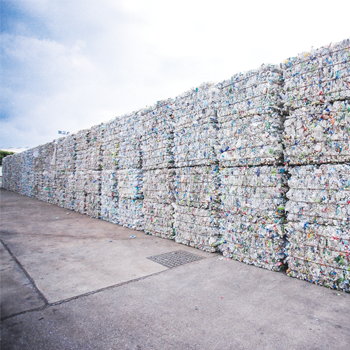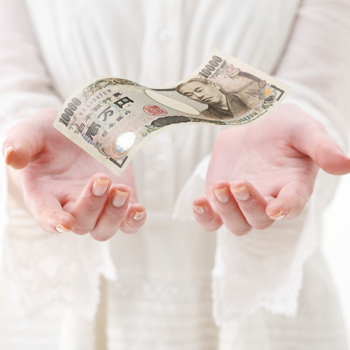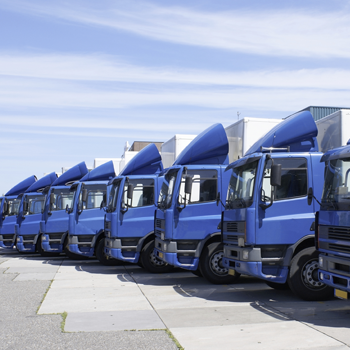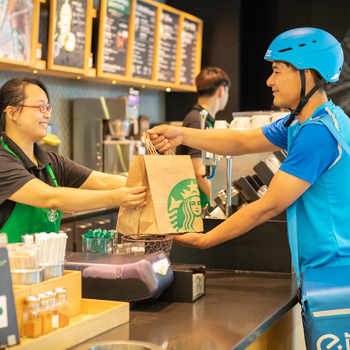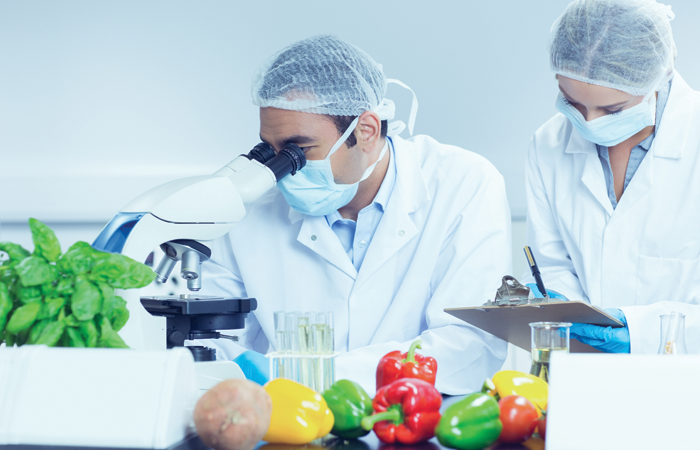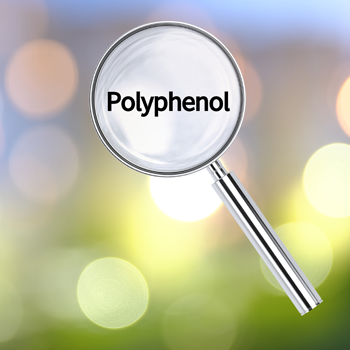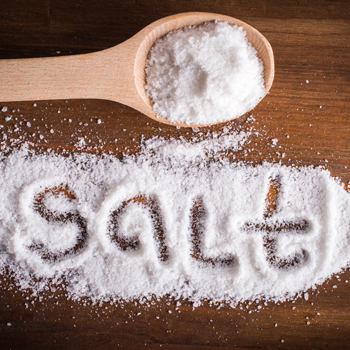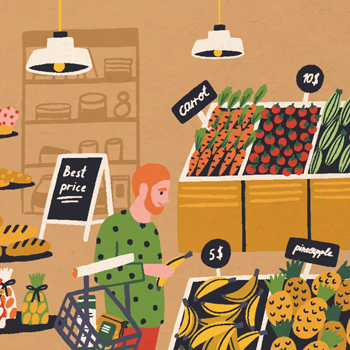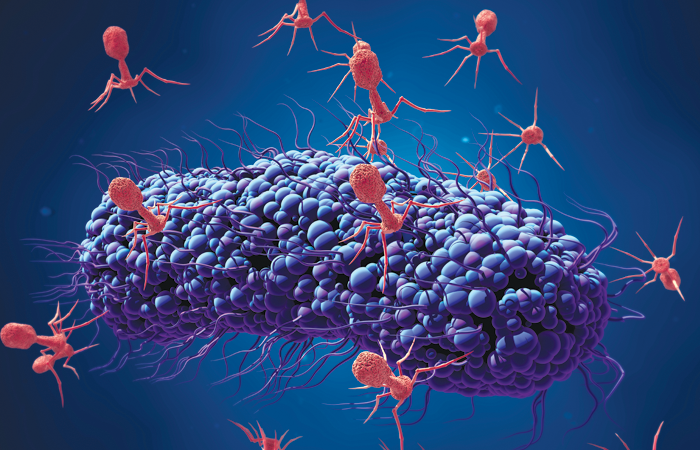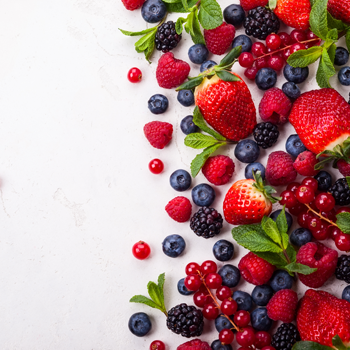ขวดพลาสติกรีไซเคิล อีกหนึ่งแนวทางเพื่อลดปัญหาขยะพลาสติกอย่างยั่งยืน
Compiled By: กองบรรณาธิการ
นิตยสาร ฟู้ด โฟกัส ไทยแลนด์
Editorial Team
Food Focus Thailand Magazine
editor@foodfocusthailand.com
ในปี 2560 ประเทศไทยผลิตขวดพลาสติกออกสู่ตลาดในประเทศมากกว่า 185,000 ตัน และมีเพียงไม่ถึงครึ่งที่ถูกจัดเก็บ และนำเข้าสู่กระบวนการรีไซเคิลอย่างเหมาะสม ส่วนขวดพลาสติกที่เหลือเกือบ 100,000 ตัน ต้องถูกนำไปฝังกลบ และบางส่วนก็เล็ดรอดออกสู่ทะเลกลายเป็นขยะทางทะเล สร้างปัญหาสิ่งแวดล้อมเป็นวงกว้างในระดับโลก
หลายประเทศตระหนักถึงปัญหาขยะพลาสติกที่เพิ่มจำนวนมากขึ้น จึงหันมาส่งเสริมให้ใช้บรรจุภัณฑ์พลาสติกที่สามารถนำกลับมารีไซเคิลได้ เช่น ญี่ปุ่น และสหภาพยุโรป โดยสมาชิกสหภาพยุโรปทั้ง 28 ประเทศ ให้การยอมรับการนำเม็ดพลาสติกรีไซเคิลมาผลิตเป็นบรรจุภัณฑ์สำหรับอาหาร แสดงให้เห็นว่าเม็ดพลาสติกรีไซเคิลได้มาตรฐานและปลอดภัยที่จะนำมาผลิตบรรจุภัณฑ์สำหรับอาหาร โดยเยอรมนีเป็นประเทศที่มีอัตราการนำขวดพลาสติกมารีไซเคิลสูงสุดในสหภาพยุโรปถึงร้อยละ 94 ส่วนในเอเชีย ญี่ปุ่นเป็นประเทศที่มีอัตราการนำพลาสติกมารีไซเคิลสูงสุดถึงร้อยละ 83
สมาคมอุตสาหกรรมเครื่องดื่มไทย และกลุ่มธุรกิจโคคา-โคลาในประเทศไทย ร่วมกับ บริษัท อินโดรามา เวนเจอร์ส จำกัด (มหาชน) ได้ประกาศความร่วมมือเพื่อผลักดันให้มีการนำขวดพลาสติกบรรจุเครื่องดื่มที่ทำจากเม็ดพลาสติกรีไซเคิล หรือ Recycled PET (rPET) มาใช้ เพื่อลดปริมาณการใช้พลาสติกผลิตใหม่ (Virgin plastic) โดยจะร่วมกันสร้างความเข้าใจถึงนวัตกรรมและเทคโนโลยีรีไซเคิลที่ทันสมัยซึ่งทำให้พลาสติกรีไซเคิลมีความสะอาดและปลอดภัย พร้อมเร่งให้ข้อมูลและสร้างความเชื่อมั่นกับภาครัฐ เพื่อปลดล็อคกฎหมายที่ยังห้ามใช้พลาสติกรีไซเคิลในบรรจุภัณฑ์อาหารและเครื่องดื่ม โดยเชื่อว่าหากดำเนินการสำเร็จจะช่วยลดปัญหาขยะพลาสติกและผลกระทบต่อสิ่งแวดล้อมที่เป็นปัญหาใหญ่ระดับโลก และยังสอดคล้องกับนโยบายด้านความรับผิดชอบต่อสังคมของทั้งสามองค์กร
In 2017, 185,000 tons of PET beverage bottles made from virgin plastic were supplied to the Thai market and less than half of these bottles were collected and taken for recycling, with almost 100,000 tons going to the landfill, with the rest finding its way into the ocean, creating environmental issues at the global level.
With an increasing number of countries now aware of the issue of plastic waste, support for the use of plastic packaging that can be recycled is growing, notably in Japan and the European Union (EU). All 28 EU member countries currently recycle post-consumer PET packaging to produce primary food contact recycled PET packaging, which proves that the use of recycled PET is safe for consumption. Germany leads the EU with a PET bottle recycling rate of 94%, while in Asia, Japan leads the recycling rate with 83%.
Thai Beverage Industry Association, The Coca-Cola system in Thailand and Indorama Ventures Public Company Limited have announced their collaboration to encourage the use of recyclable PET (rPET) in beverage packaging to help reduce the amount of virgin plastic used. The partnership aims to create a better understanding of recycling innovations and technology that provides hygienic and safe recycled PET for food and beverage packaging. At the same time correct information is being disseminated to help build confidence among the government sector and encouraging it to legalize the use of recycled PET in food and beverage packaging. It is believed that the eventual success of this project will help reduce plastic waste and ease the global environmental issues. This project is also consistent with the three organizations’ commitment to social responsibility and promoting a sustainable environment.
